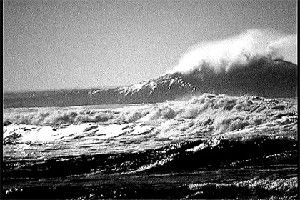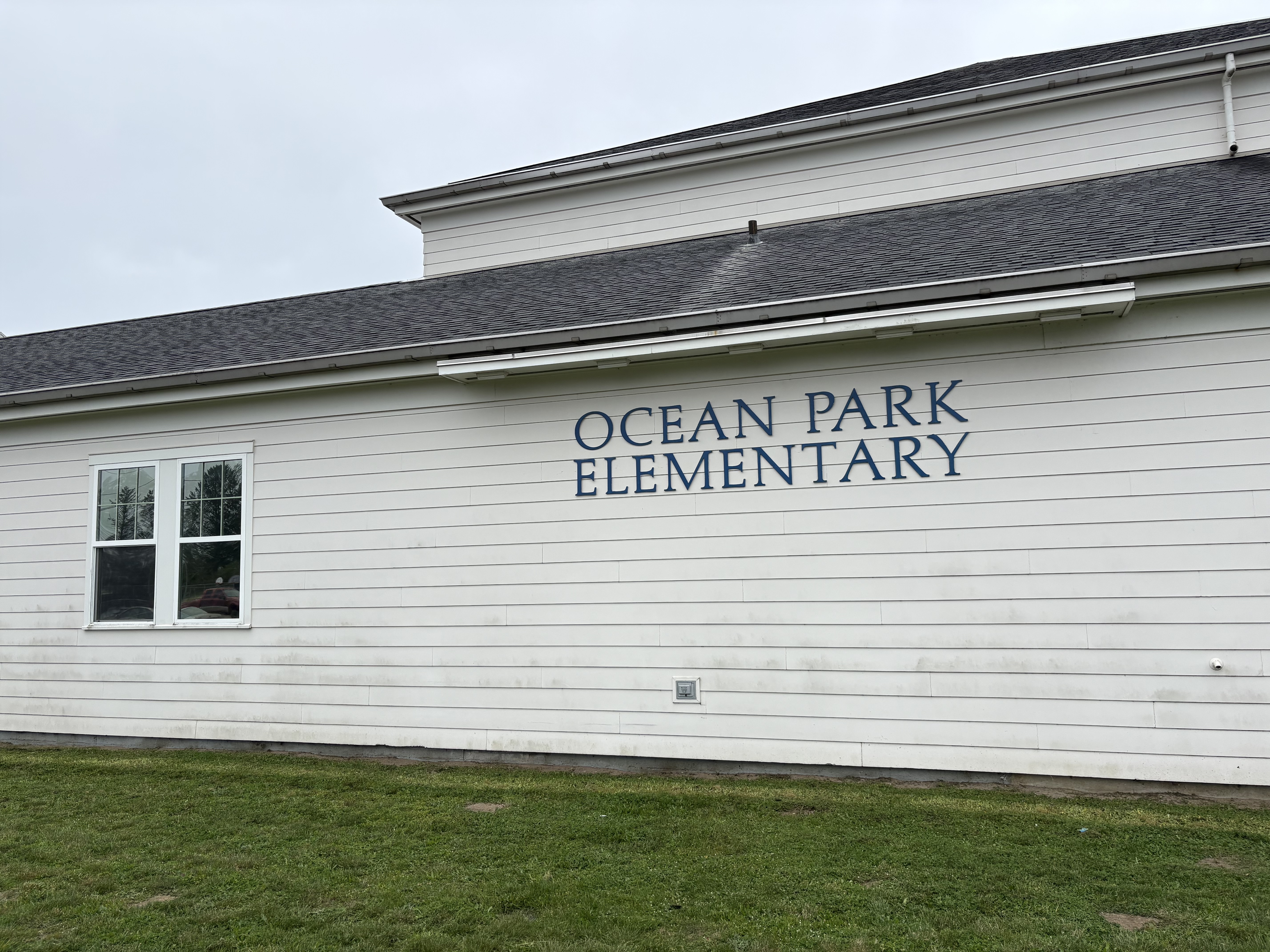Nature Notes: In due time
Published 4:00 pm Tuesday, December 28, 2004

- <I>CRAIG SPARKS photo</I>
The sheer power of Mother Nature never ceases to amaze us. The recent geological shake from Indonesia, rattling all the coastlines of the countries on the Indian Ocean and producing such horrific damage, is a frightening indicator of what can happen here.
Our not-so-extreme climate and relatively quiet geology hereabouts might lull us into thinking we are safe, if not immune, to such calamities. In truth, we sit perched on the very tip of danger. The coast here is as susceptible to the exact same damage and destruction that hammered the rim of the Indian Ocean.
The power, distance and speed of these earthquakes and following tsunamis are startling and sobering. We might very well be in the shoes of these hundreds of thousands of unfortunate people, except it just hasn’t been our turn, yet.
We sit atop a geologic subduction zone where the Pacific Plate is folding down under the North American Plate. That means earthquakes and huge tsunamis are geologically commonplace. The sediments in local sands and riverbanks tell a story of huge floods, and sedimentary rock records show volcanos and earthquake events.
Well, what does that all mean, besides heading for high ground when the sirens sound? It could happen here, easily, and if the source of the tsunami was a great distance away, we might get a couple of hours warning, or we might only get a few minutes. What to do?
If everyone headed for the highway and made for high ground, all at the same time, and there was but a few minutes notice, well, it wouldn’t be pretty.
Luckily, we have have one of the better warning systems in the world, (Japan has the best) and if we have the luxury of a bit of advance warning, then we will at least survive, and all of the bickering and infighting by locals, the county, land developers, loggers, enviros, fisherpeople and all the rest, would for a long while at least, be completely silenced.
Check out our new weekly nature movie at: (http://home.earthlink.net/~wildnature1/sitebuildercontent/sitebuilderfiles/current.mov)
Craig Sparks is director of NAWA, a filmmaker, freelance writer and wildlife rehabilitator.
Found injured wildlife? Questions? Call the Wildlife Center at (503) 338-3954 or send an e-mail to wildnature@earthlink.net.
High-quality photo reprints from Nature Notes can be found online at www.chinookobserver.info.






